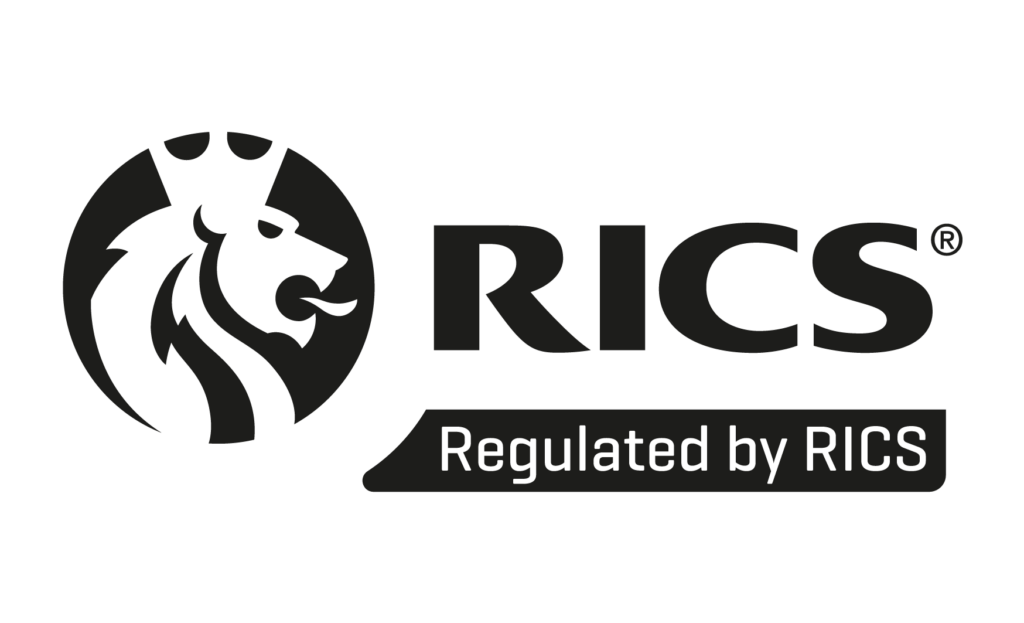Valuations are needed for a whole host of reasons. Sometimes we hear potential clients asking why they should have one. After all, an estate agent can provide the same or they just need to look on Rightmove and that will help them. The fact remains though that every property is different, and has different features, such as being extended, location of the property and orientation of the property (such as south facing or north facing), which all go into the decision making that we as valuation surveyors use in determining the ‘true’ estimated value of a property.
It should also be considered that an estate agent’s job is to get as much for the property they are selling. For this, the property may be over priced and therefore provide you with false information on its value.
RICS have been the primary organisation for regulating valuations for over 100 years and it is therefore no wonder that some of its members, RICS Registered Valuers, have the required experience and skills to determine the value of a property.
When most people think of a valuation, they usually reset to a house valuation and a simple buy and sale situation. However, there are many reasons and types of valuations, and all have differing methods in how to value.
When we are asked to value, we can’t just say no. We must value that property or asset. Some of the more complex valuations are those that are more unusual, such as a school, a hotel or even a log cabin. How do we value these? There isn’t a single answer to this as it all depends on many variants and factors. This is where the skill of the valuer, his/her experience and knowledge of property or asset in their geographical area.
Let’s take a brief look at the various reasons for a valuation need, that we at Dunham Hale Surveyors are able to carry out.
- Informed Decision-Making: A property valuation provides you with an objective and professional assessment of your home’s current market value. This information can help you make informed decisions about your property, whether you’re thinking about selling, refinancing, or making improvements.
- Selling or Buying Your Home: If you plan to sell or buy your house, a valuation helps you determine the fair market price. Setting the right asking price or determining the correct valuer in order to make the correct offer is crucial for attracting potential buyers or knowing you are not paying too much, and ensures a quicker sale or in the case of buying, peace of mind. An accurate valuation can also help you avoid overpricing or underpricing your property and will help you to budget in terms of future lending (what can I borrow?) or for buying and helping you decide what deposit you need or how much you can afford to lend.
- Refinancing: When you want to refinance your mortgage, lenders typically require a property valuation to determine the loan-to-value ratio (LTV). A higher valuation may allow you to access better loan terms, lower interest rates, or more favourable refinancing options.
- Help to Buy, Shared Ownership or Right to Buy: A valuation can help you to determine your share of repayment, increasing your share. Under the Help to Buy Scheme, a valuation is needed if you want to buy out the remaining % owned by the government or are refinancing.
- Commercial Property Valuations: Commercial property valuations are complex, yet a fully detailed valuation can help you to refinance or hely you to purchase a property for business purposes. They can also help with business lending and will help to financial plan your business.
- Property Tax Assessment: Property valuations can be used to contest or verify the assessed value of your property for tax purposes. If you believe your property has been overvalued, a professional appraisal can support your case and potentially lower your property tax bill.
- Insurance Coverage: Property valuations help you ensure that you have the right amount of insurance coverage for your home. If your property is underinsured, you may not receive adequate compensation in case of damage or loss.
- Home Improvement Decisions: If you’re considering making renovations or improvements to your home, a valuation can help you understand how those changes might affect the overall value of your property. This information can guide your investment decisions.
- Inheritance Planning: Property valuations are important for estate/portfolio planning purposes. Knowing the value of your property is crucial for determining how it will be distributed among heirs and for estate tax planning.
- Legal Matters: In legal disputes or divorce settlements, a property valuation can be used to establish the fair market value of the property involved. It provides an objective basis for negotiations and settlements.
- Investment Analysis: If you view your property as an investment, regular valuations can help you track its appreciation over time and assess your overall real estate portfolio’s performance.
- Peace of Mind: Having an up-to-date valuation can provide you with peace of mind, knowing the current worth of your most significant asset. It can also help you make sound financial decisions related to your property.
Overall, getting a valuation on your house, property or asset is a prudent step to ensure that you have accurate and reliable information about your it’s value, which can be invaluable for various financial and personal reasons. It’s a proactive approach to managing your assets and making well-informed choices.
If you need further advice in regards to any type of valuation, at Dunham Hale Surveyors, we can help and guide you along your journey. Please give us a call or send us a message via the get in touch buttons or message us via our chat and one of our team will be able to help.






